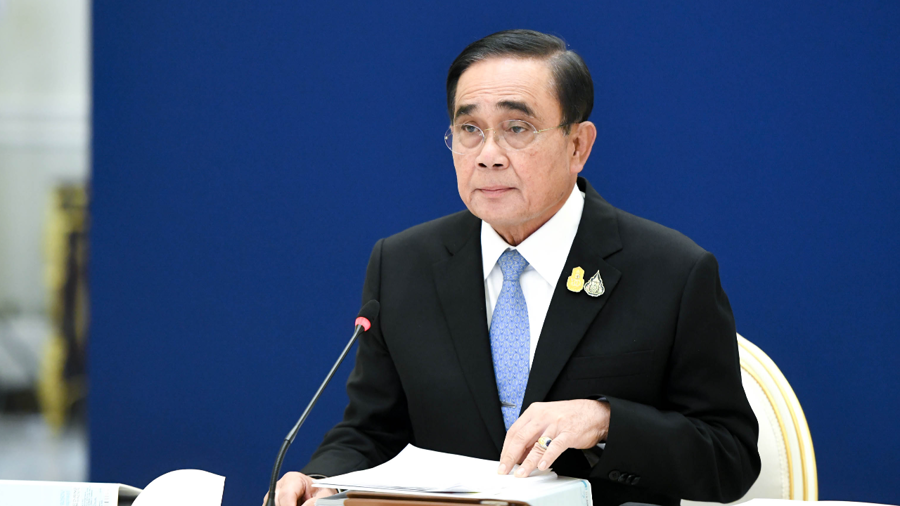The Thai government is placing significant emphasis on addressing air pollution in the long run. Prime Minister Gen Prayut Chan-o-cha recently announced that the Ministry of Natural Resources and Environment, along with other agencies, are collaborating to expand forest areas, taking inspiration from the Swedish model. Sweden was able to significantly increase its forest cover, from 25% to an impressive 75%, through their reforestation efforts. This allowed the country to become the third largest lumber exporter in the world, creating a significant economic impact.
To encourage public participation in these efforts, the prime minister has urged citizens to take part in community forest planting and land allocation for trees. This move towards reforestation is just one part of the government’s plan to tackle air pollution. Addressing traffic and industrial pollution emissions is also a key focus, with the prime minister cautioning against outdoor burning, which could result in legal repercussions.
Gen Prayut emphasized the need to mitigate the effects of global warming and cited the government’s preparation for El Nino as an example. Should the effect of El Nino intensify, temperatures could rise by at least 0.8 degrees Celsius, with “Super El Nino” causing temperatures to soar 2-3 degrees above average in some areas. The government has already begun to make preparations for these potential risks, issuing orders to responsible agencies to address them.
It is clear that the Thai government is taking a multi-faceted approach to combat air pollution, focusing on reforestation, reducing emissions from traffic and industry, and preparing for the impacts of climate change. By urging public participation and collaboration, the government is hoping to create a sustainable and cleaner environment for all citizens.Thai Government Emphasizes Long-Term Measures to Address Air Pollution Through Reforestation and Emissions Reduction



